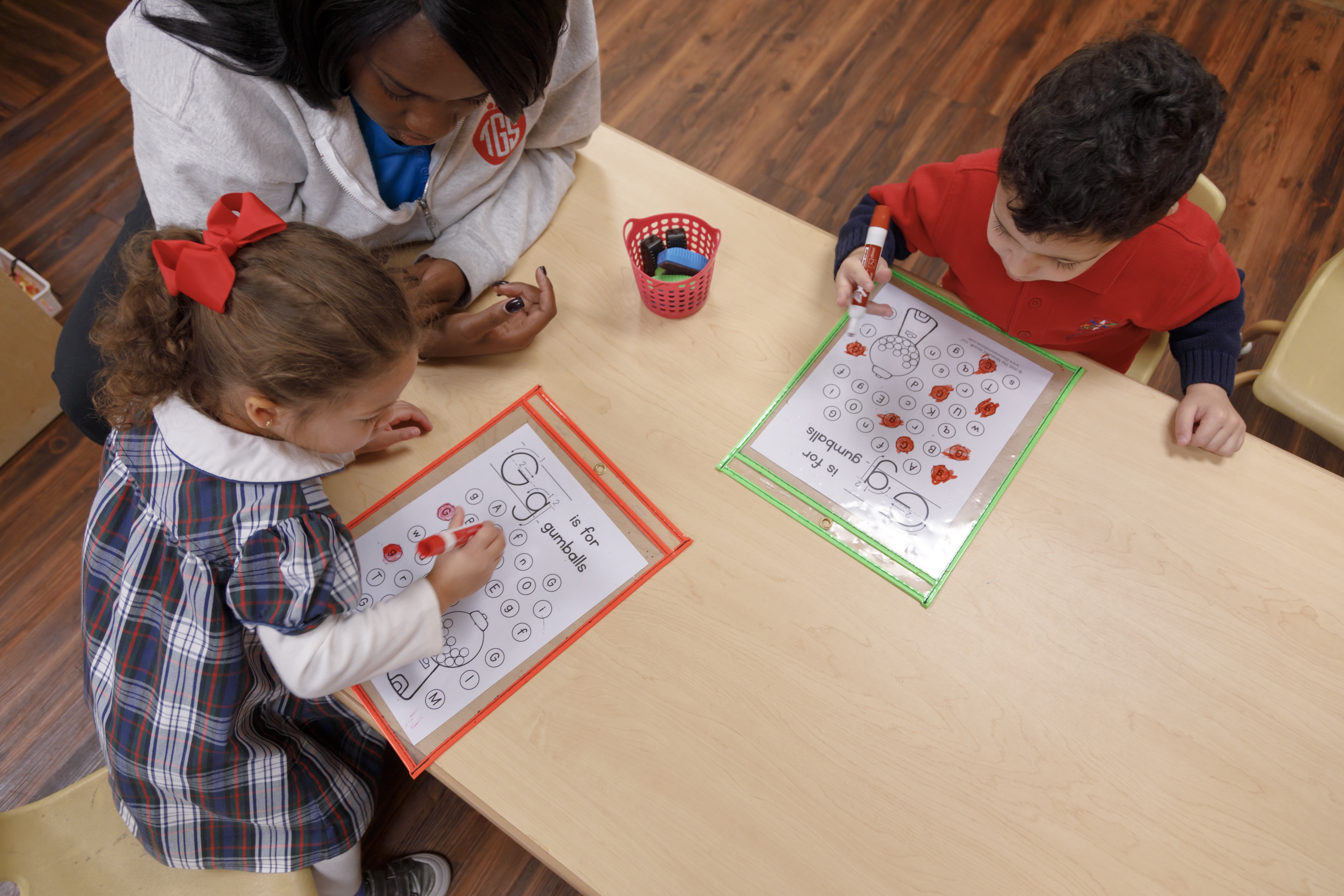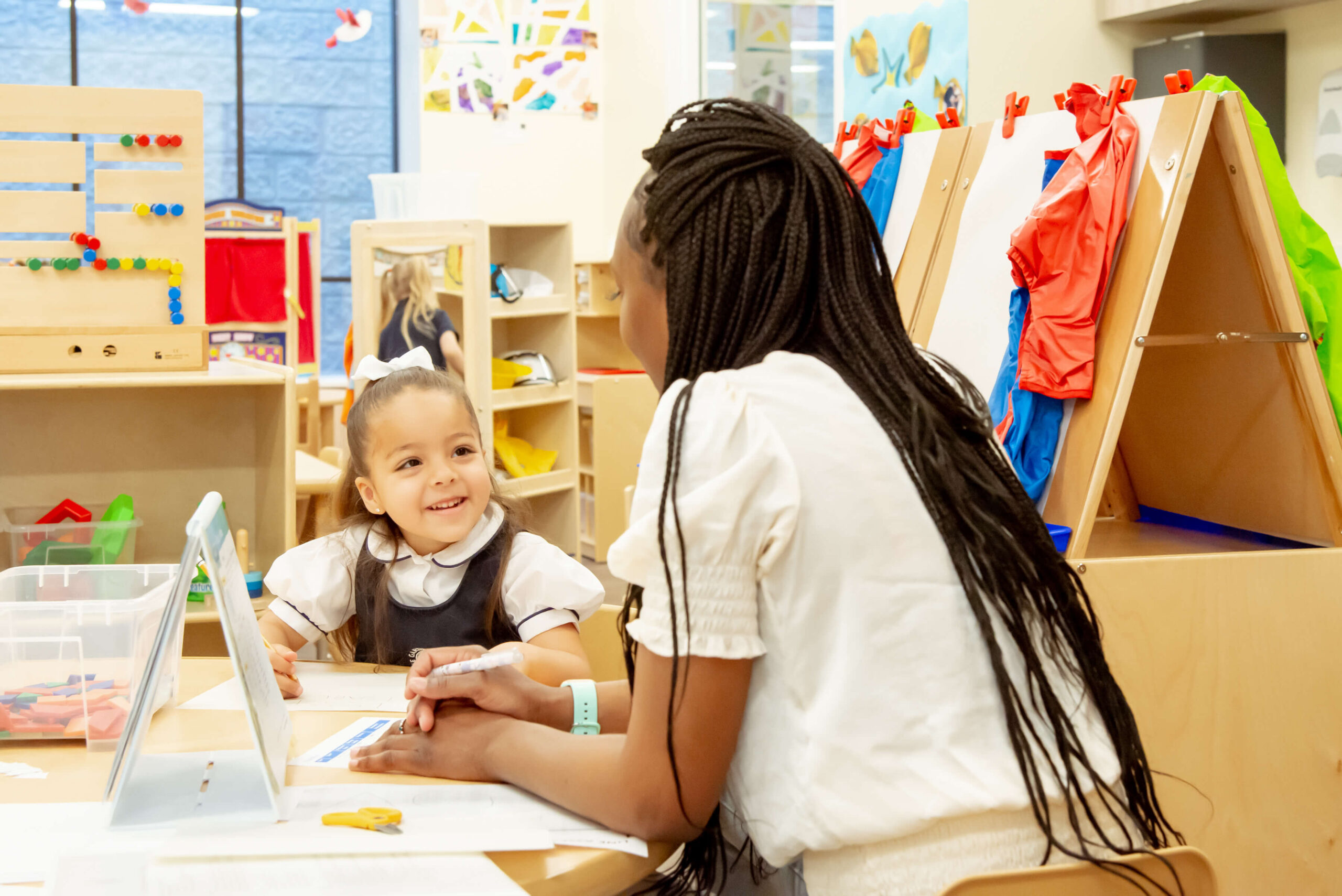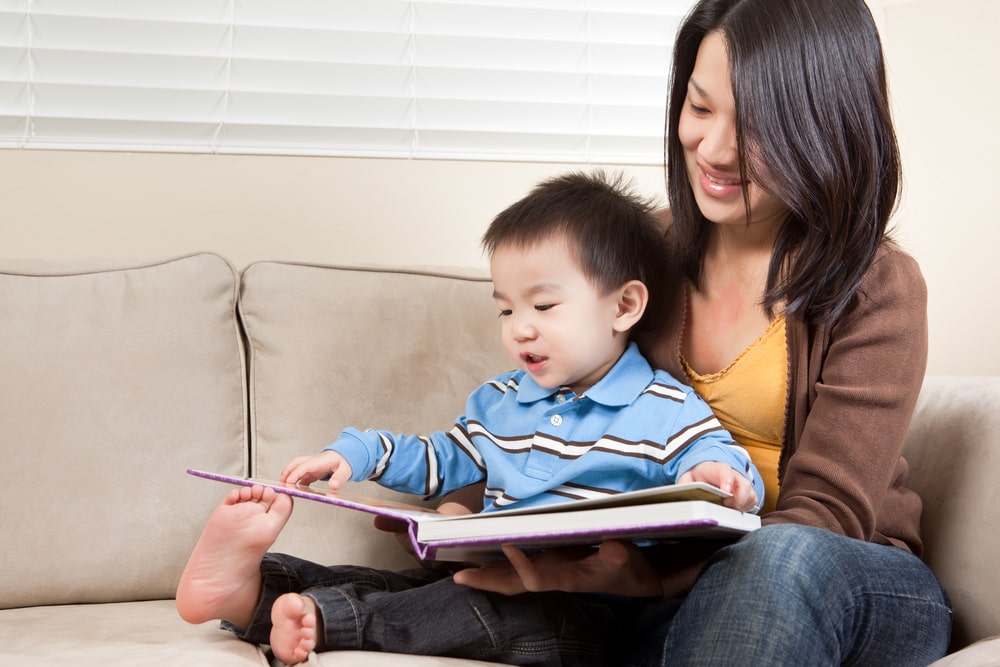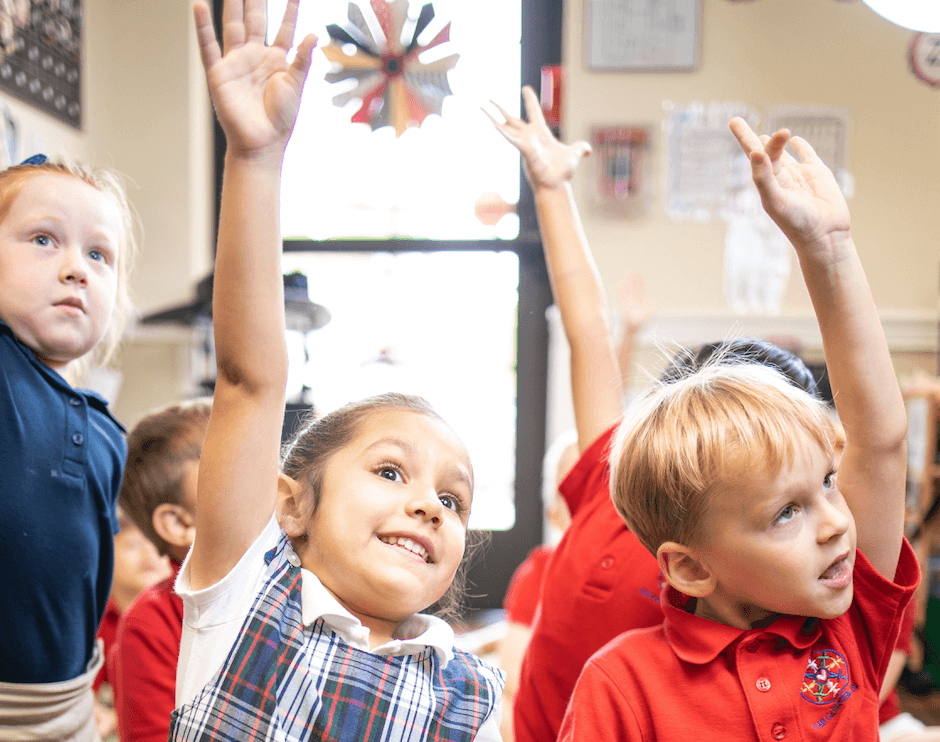
In a world where options are plentiful, making important decisions like choosing a preschool can require some careful research and reflection. When it comes to picking a preschool, several considerations should be part of the decision-making process for parents—convenience of location, value of tuition, school reputation, and teaching philosophies, just to name a few. Perhaps one of the most important considerations, however, is a school’s educational program. From play-based to more structure-driven styles of learning, each has its own benefits, but there are multiple reasons parents should consider enrolling their child in an academically-focused preschool like The Gardner School.
For moms and dads on the verge of choosing the best preschool for your child, here are six key advantages of an academic preschool.
Structured Environment
The Gardner School’s academic focus fosters an environment of teacher-directed activities while remaining flexible enough to foster self-discovery and independence as each child explores and learns at his or her own pace. Our comprehensive and foundational curriculums, delivered by degreed and highly qualified teachers, provide a good balance of STEAM-focused learning activities, and learning centers within the classroom which allows preschoolers to experience a full day of developmentally and age-appropriate activities.
Proven Curriculum
While most preschools apply curriculums to their educational philosophies, not all curriculums are created equal. At The Gardner School, infants, toddlers, and twos experience foundational learning early on through our Creative Curriculum, which fosters purposeful play and exploration, facilitated by the highly intentional direction of teachers who encourage and cherish the child’s accomplishments. The Gardner School’s Preschool and Pre-K programs introduce the World of Wonders Curriculum, which helps children grasp early literacy, language, math, and science concepts. Additionally, our Preschool and Pre-K students experience Handwriting Without Tears, a curriculum that uses multi-sensory techniques and consistent letter formation habits to teach handwriting at an early age.
Kindergarten Preparation
Especially through the structured environment and use of curriculums as mentioned above, preschool can provide an important introduction to the notion of schooling. As children have the chance to become familiar with specific academic skills that they will be expected to learn upon entering kindergarten, The Gardner School’s kindergarten readiness approach helps children develop the cognitive, language, mathematics, motor, and social skills that will help them succeed upon in kindergarten and beyond.
Enrichment Programs
The Gardner School offers students the opportunity to take learning one step further than the normal classroom environment through a full suite of enrichment activities. These optional, supplemental courses taught by practicing professionals give students the platform to be creative, putting into practice their natural gifts, talents, and passions. From foreign languages to sports to visual and performing arts (just to name a few), students can learn new skills, meet new friends, and discover hidden talents. A bonus for parents is that these enrichment activities are offered during regular school hours, eliminating the added stress of enrolling a child in after school programs that can take away important family time.
Child Assessments and Parent Communication
The Gardner School’s teaching staff is committed to ongoing, timely communication with parents. With a high priority on routinely assessing students to ensure they are progressing at a developmentally-appropriate level, our teachers tailor lessons in areas where children may need improvement. Through phone calls, daily communication through our parent communications app, scheduled meetings and parent/teacher conferences, The Gardner School enables and encourages our parents to be an active part of their child’s educational experience.
Play Time
While play time is sometimes labeled an unstructured activity, The Gardner School offers a healthy balance between structured and free play time. Through structured play, students have fun while learning how to work together, follow instructions, and think logically. The Gardner School’s classroom learning centers as mentioned above are a great example of structured play, as students make the choice of playing in a variety of stations, including home living, block center, puzzles, cutting with safety scissors, reading, and more. The Gardner School’s indoor and outdoor play areas allow preschoolers the opportunity to experience some balanced and unstructured, free play during the school day.
Every child has different needs, so it is important to make your preschool choice based on what is best for the child and your family. To learn more about The Gardner School’s academically-focused program, or to see it for yourself, contact us today to schedule a tour.




